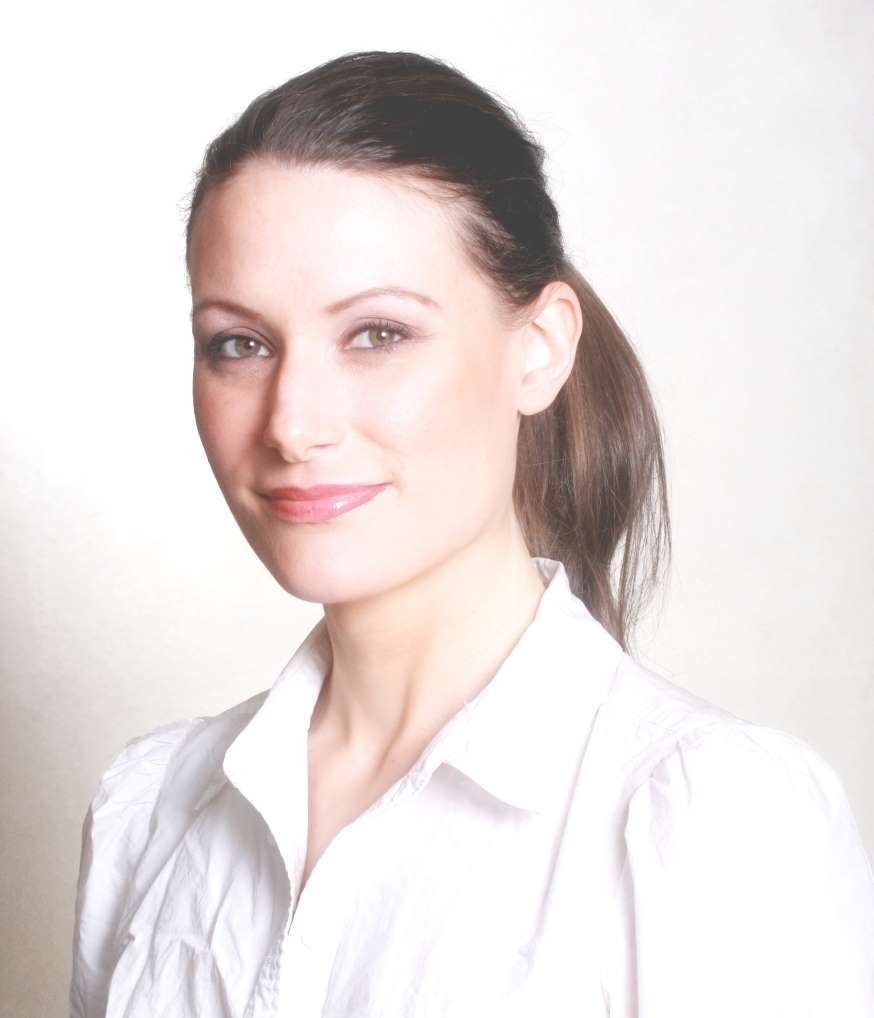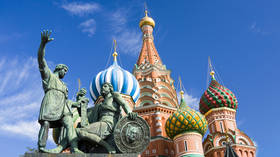Westerners are skeptical about their leaders, but not their anti-Russian narratives

Every year since 2018, the Alliance of Democracies Foundation, spearheaded by former NATO secretary general and Danish prime minister Anders Fogh Rasmussen, releases its survey of the current state of democracy in cooperation with the Berlin-based data firm, Latana.
It bears noting up front that the "think tank," besides being run by a former NATO chief, is funded by the US government, the EU and other sources, such as Ukrainian oligarch Viktor Pinchuk, and aligned with the Atlantic Council, a pro-NATO lobby group. Furthermore, the survey is heavily skewed towards European states.
Over 50,000 respondents, in 53 countries, sounded off on the state of democracy worldwide, and the current hot global issues. Last year, the poll revealed that 46% of those living in “free democracies” considered their governments’ restrictions on freedoms amid the Covid-19 crisis to be excessive. It also found that as the pandemic progressed, an increasing number of citizens felt that their government served a select few rather than the greater good. Washington’s influence was considered by 44% of respondents to be the biggest threat to democracy, compared to 28% who felt the same way about Moscow’s influence, and 38% about China’s.
This year, the focus has shifted to assessing views towards Russia amid the Ukraine conflict, with the poll asking whether citizens of various countries want their governments to cut economic ties with Russia as a result. Of the 52 nations whose citizens were polled, 31 had a majority of respondents who were reported to be in favor of doing so. European countries represent 20 of those, with others (such as Canada, Australia, Switzerland, and the US) being close Western allies. But a glance at the responses of these same citizens of Western democracies to the question of how democratic they think their own country is, suggests deep disappointment in their own gatekeepers. Only 49% of Americans think that their country is democratic, 61% of Britons, 62% of Canadians, 44% of Greeks, 44% of Poles, 53% of Italians, 63% of Germans, 54% of Belgians, and 47% of French. By contrast, 83% of Chinese reported feeling that they live in a democracy.
Western citizens also consider corruption and the global influence of corporations – two things that are within the power of current Western governments to mitigate and control – to be significant threats to their democracies. Given that faith in democracy has manifestly eroded so shockingly under the recent leadership of these countries, its puzzling as to why their citizens would nonetheless trust the conventional and typically skewed Western establishment anti-Russian narrative, which has taken various forms over the years from election interference hysteria to the ludicrous notion that Russia’s military action in Ukraine was unprovoked.
The list of the 20 countries whose citizens don’t support cutting economic ties with Russia holds a few clues as to what may be going on: Greece, Kenya, Turkey, China, Israel, Egypt, Nigeria, Indonesia, South Africa, Vietnam, Algeria, the Philippines, Hungary, Mexico, Thailand, Morocco, Malaysia, Peru, Pakistan, Saudi Arabia.
The people of Greece have been divided on the issue of anti-Russian EU sanctions from the get-go, with 66% of Greeks believing that a distinction should be made between the Russian government and the Russian people, according to a Eurobarometer survey from early May. The poll also indicated that Greeks are untrusting – and perhaps more than other European and Western citizens – of European and national authorities regarding information about the conflict, as well as journalists, social media, and NGOs.
Meanwhile, Mexican President Andres Manuel Lopez Obrador (AMLO) has resisted falling into lockstep with his North American allies’ anti-Russian narratives and has generally taken more of a non-aligned approach to this and other issues. Hungary has done much the same within the EU, while Morocco and Turkey, also on the list, have taken a similar nonaligned stance vis-a-vis their close allies in Europe.
There’s no denying the impact and influence of a top-down anti-Russian narrative with which aligned Western nations constantly bombard their citizens. The survey evidence also seems to suggest that this propaganda – despite its prevalence in the worldwide press and on social media – can be mitigated by national leaders adopting and communicating more pragmatic and less extremist and radicalized positions.
The big mystery, however, is why citizens of some countries are less inclined to question the Western establishment’s anti-Russian narrative in light of their growing general mistrust of these very same governing powers.
We’re on the verge of a global polarization over crises like Covid and Ukraine, as citizens around the world fall into two camps: liberal democracies that are successfully propagandized and radicalized into believing the narratives that they’re spoon-fed in support of a political-industrial complex that derives benefit from mass public support or complacency, versus those around the world who aren’t willing to settle for soundbites and spin lines as a substitute for independent critical thought.
The statements, views and opinions expressed in this column are solely those of the author and do not necessarily represent those of RT.














